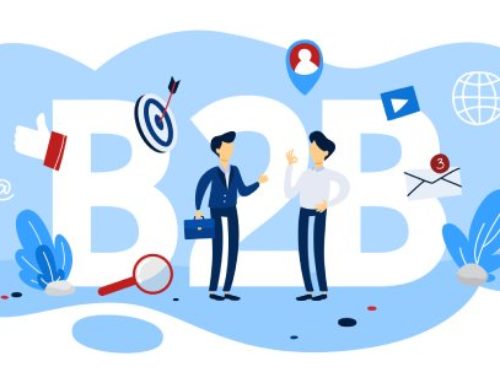
Founders are usually ‘data driven’, yet they do not look at basic sales data
At the outset, let’s explain what we mean by basic B2B sales data. There are two broad categories of sales data points that an organization must have:
Visibility into B2B sales funnel
- Number of deals being created at the top of the funnel & progressively moving to subsequent stages ( Opportunities, Proposals, negotiations, closures etc.)
- Conversion rates across each stage of the funnel
- Conversion rates based on source of deal ( Inbound, outbound, referral etc)
- Time taken in each stage of the funnel
- Lost reasons for each stage of the funnel
Visibility into B2B sales performance
- Target vs Achievement ( Revenue & # of deals)
- New business vs repeat business
- Product wise achievement
- Performance against input parameters like deals created
We speak to tech focussed companies for their B2B lead generation. Founders of these companies often come from a strong product or tech background. When it comes to discussing B2B demand generation however, we find something very counterintuitive in their narrative:
- Sales data is either completely absent or poorly captured
- Their views are mostly derived from anecdotal evidence
- Sales achievements (over/under) are usually attributed to the sales team
We found it odd that people from data-driven fields like product & tech completely abandon that thought process when it comes to sales. We spoke to a few of them to understand why that might be so.
Why do founders shy away from a data driven approach to sales?
Sales data is hard to capture
Unlike data related to user metrics or online spends, sales data is much more difficult to capture. One has to almost entirely rely on sales people to create useful & accurate sales data.
Most organizations simply buy a CRM system in the hopes that the sales team will enter data. After a few unsuccessful attempts, the system is abandoned and they revert back to focussing on immediate expected closures through excel sheets.
Sales data is harder to interpret
Sales performance is often impacted by a multitude of factors both external and internal. A new marketing campaign or a drop in prices could impact sales, so could any action by competition or a general change in economic environment.
In the real world with clients, it’s often difficult to create perfect data sets to derive clear insights from sales data. This inability to derive easy actionable insights from sales data makes organizations abandon the exercise completely.
Sales data is easy to manipulate
Sales data is eventually the sales person’s estimate of what the client is thinking. Salespeople are likely to get this wrong occasionally. A few are also likely to misrepresent data points intentionally to save face. This is fairly simple to catch for seasoned sales leaders. Even if it isn’t caught immediately, it can rarely go unnoticed beyond a few weeks. However, most organizations lose faith in the system prematurely and abandon the system completely.
Long sales cycles imply considerable lag in data
B2B sales usually have long sales cycles. Any change you make is likely to take effect further down the line in the future. One needs to be patient while analysing sales data and ensure you’ve given it sufficient time.
For organisations used to seeing immediate impact of initiatives in other fields like online spending for example, waiting for a few weeks to understand the effectiveness of changes they’ve made does not seem worth the effort.
Top performing sales people often mask underlying issues
Finally, all organizations always have top performing salespeople. These rainmakers do well in spite of lacunae in the sales system. While one should always be on the lookout for such sales reps, that cannot be the basis of building a consistent & predictable sales engine at scale.
Unfortunately, It is easier for organizations to believe that getting more such people is a better way to tackle faltering sales rather than investing time in fixing the process
Our view
There are indeed several challenges in getting reliable sales data and actionable insights thereafter. This can be overwhelming for most startups.
However, the alternative of scaling up without sales data can be catastrophic. One can paraglide without navigation control. Does that mean one can fly a large aircraft without navigation? That is what people are attempting when they try to scale businesses without sales data. It is bound to fail.
Moreover, the challenges mentioned above can be overcome by appropriate sales design. Startups might be building sales systems for the first time, but sales as a function has existed for decades and centuries.
There is a wealth of knowledge out there about designing the right data capturing systems, processes to ensure adoption and interpreting sales data. It might be wise to not reinvent the wheel and learn from some of the existing best practices around sales.

If you need our help in Sales Development, please write back to me at saurabh@salesdesign.co.in
For more information B2B Lead Generation Get in touch



